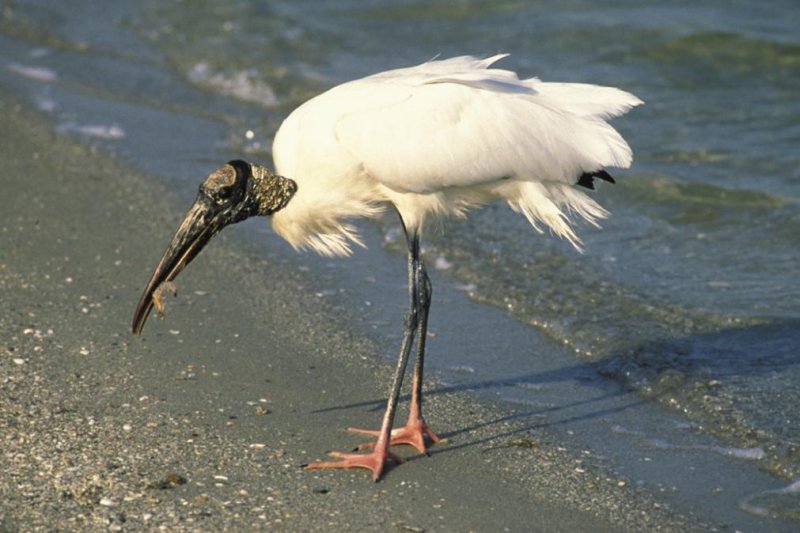TOWNSEND, Ga., June 27 (UPI) -- After 30 years on the endangered species list, the American wood stork is getting a status upgrade. On a visit to Harris Neck National Wildlife Refuge along the Georgia coast, Interior Secretary Sally Jewell announced the bird would now be considered only "threatened."
"It's a day for good news about an iconic bird from the Southeast that is doing a great job of recovering," Jewell said, though she cautioned: "There's still important work to do before we can propose to remove it from the list altogether."















